Keywords: Religious Beliefs
There are more than 200 results, only the first 200 are displayed here.
-

RELIGION
I must confess that in the lead-up to the first session in October 2023 of the Synod on Synodality, I more than a little resembled Peter. Embarking on synodal waters, initially I was apprehensive. Would anything substantial come of Pope Francis' initiative?
READ MORE
-

RELIGION
- Michael McVeigh
- 09 June 2023
5 Comments
Known for incisive insights into societal issues like fundamentalism, loneliness, and abuse, theologian and cultural anthropologist Fr Gerald Arbuckle is now examining the rise of conspiracy theories. In conversation with Michael McVeigh, Arbuckle discusses his work, cultural anthropology, and the impact of 'cultural trauma'.
READ MORE 
-
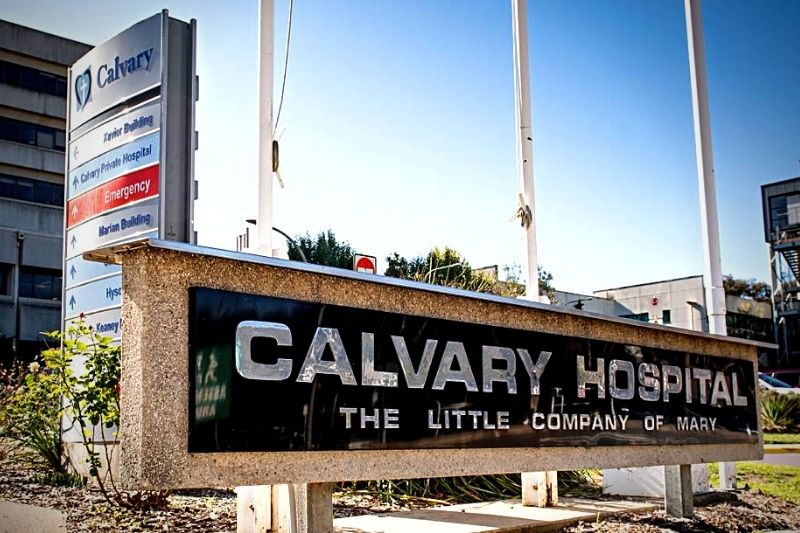
AUSTRALIA
- John Warhurst
- 01 June 2023
25 Comments
Amidst escalating tensions, the ACT government's move to acquire Calvary Public Hospital is facing strong backlash from the church. With claims of hasty decision-making and allegations of anti-religion bias dominating the discourse, this crisis highlights the societal shift towards secularism and questions the role of religious entities in managing public services.
READ MORE
-

AUSTRALIA
With the Let Women Speak rallies over gender identity sparking violence in Australia and New Zealand, there have been renewed calls for tolerance and respectful discussion. Drawing on examples of how religious disagreements have been managed in the past, there is hope for peaceful cooperation in the face of fundamental differences.
READ MORE
-

AUSTRALIA
- John Warhurst
- 31 March 2023
2 Comments
This life story of Tanya Plibersek, as told with great sensitivity and empathy by Margaret Simons, is a valuable reflection upon the engagement of a progressive modern woman with two of the great institutions in Australian history: the Labor Party and the Catholic Church.
READ MORE 
-

AUSTRALIA
- Nathan Campbell
- 07 March 2023
1 Comment
The evolution of profit-driven poker machines has sparked a debate over the role of personal beliefs in shaping policies aimed at curbing addiction. As society grapples with the ethical implications of technology designed to maximize addiction, can a policymaker rely on a 'religious gut'?
READ MORE
-
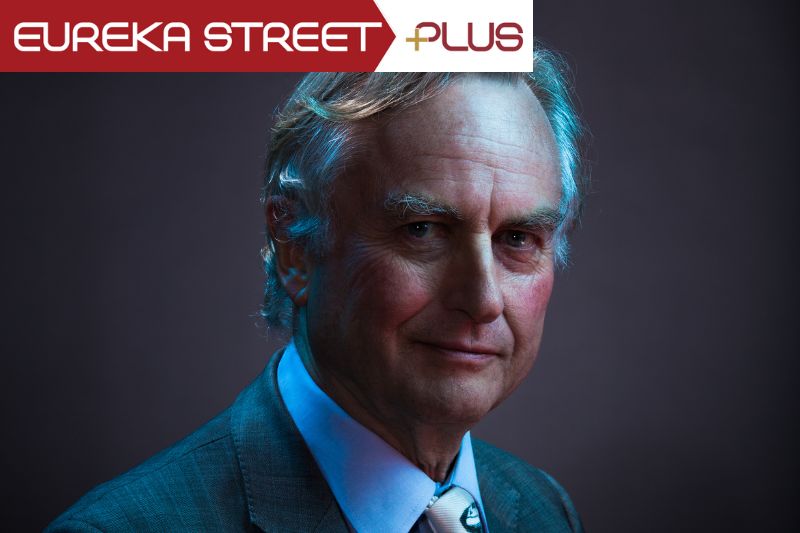
INTERNATIONAL
- David Halliday, Juliette Hughes
- 03 March 2023
2 Comments
In the world of science and rational inquiry, few names loom as large. The often-controversial evolutionary biologist has spent decades exploring the mysteries of the natural world and ruffling feathers in religious and secular movements alike. Speaking to Eureka Street, Richard Dawkins discusses the difficulties in public discourse and what constitutes modern heresy.
READ MORE 
-
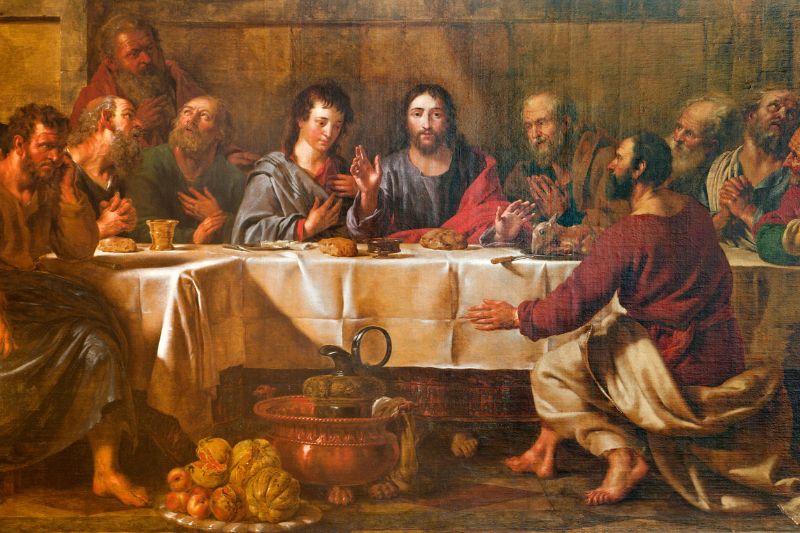
RELIGION
- Bill Uren
- 14 February 2023
12 Comments
Is the Catholic Church risking the dilution of its apostolic tradition with the upcoming Synod on Synodality? This is the concern raised by Cardinal George Pell in his recent article published posthumously in The Spectator. Despite his criticisms of Pope Francis and the Synod, his warning on the potential consequences of diluting the apostolic tradition are worth consideration.
READ MORE
-
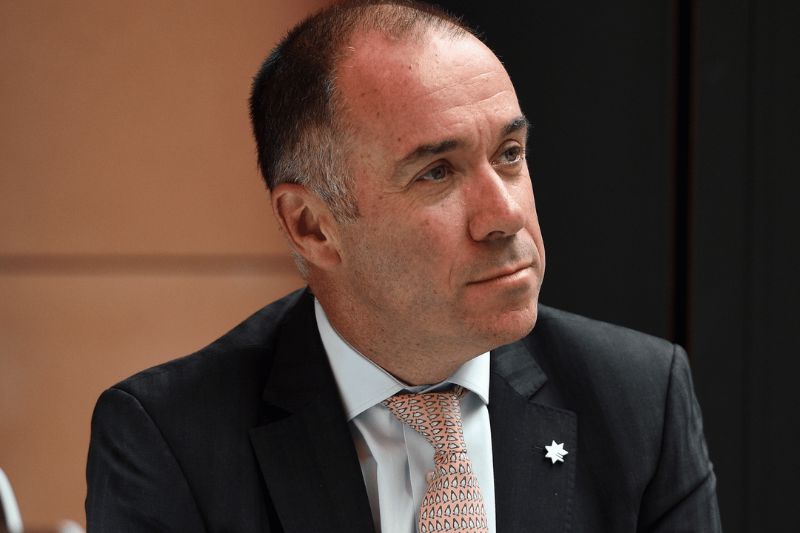
AUSTRALIA
- Chris Middleton
- 12 January 2023
It is highly doubtful that the Essendon Football Club appreciated the reaction that would occur when it presented its new CEO, Andrew Thorburn, with the option of giving up his role as a lay leader in the City on a Hill Anglican Church or resigning from his role with the Club. Even if many were uneasy about how the issue was caught up in the culture wars, it caused widespread concerns amongst people of faith.
READ MORE
-
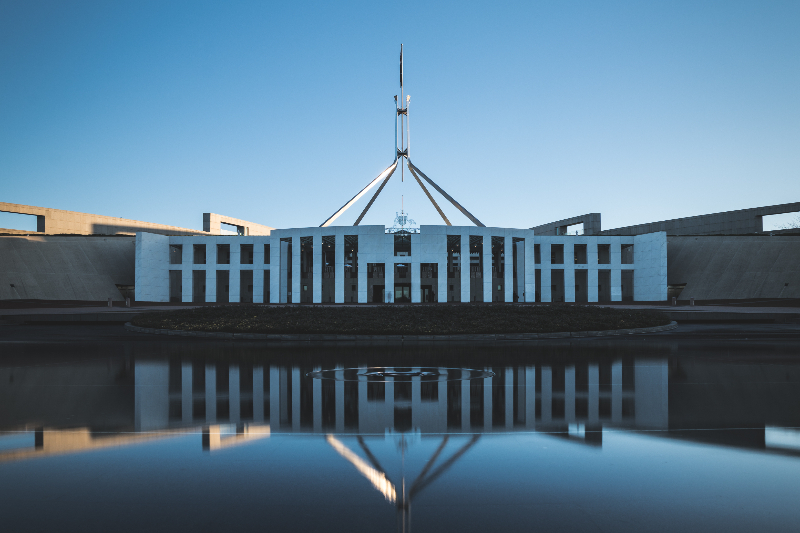
AUSTRALIA
- Frank Brennan
- 12 January 2023
In recent days, if you were to listen to the media reports, you could be forgiven for thinking that religious educators want to retain a right to exclude children or teachers from their schools on the basis of their gender or sexual orientation. Nothing could be further from the truth. Or nothing should be further from the truth.
READ MORE
-
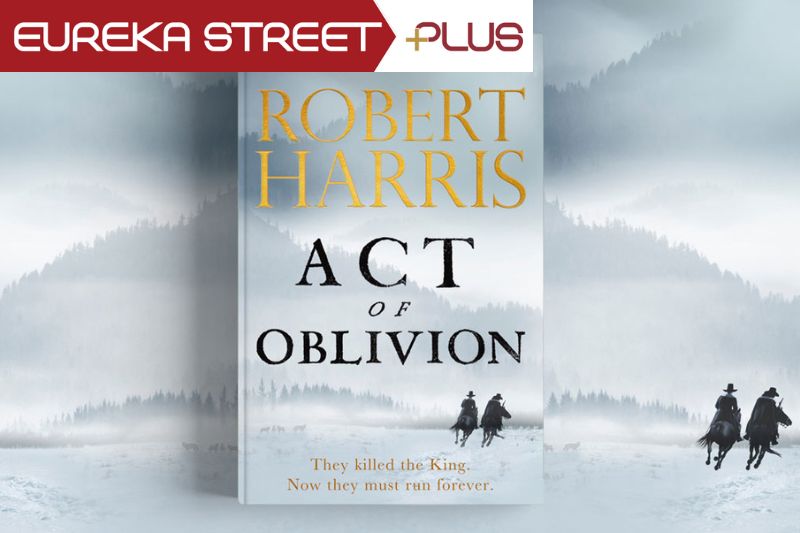
ARTS AND CULTURE
- Gillian Bouras
- 25 November 2022
In August 1660, the English Parliament passed the Indemnity and Oblivion Act, targeting those involved in the trial and execution of Charles I. The death warrant for Charles I had been signed by 59 judges, and 31 of them were still alive in 1660. Those caught suffered a terrible death of being hanged, drawn and quartered. Pursuit of the guilty was unremitting. Act of Oblivion follows the careers of three regicides and Civil War veterans who fled to the British colonies in America.
READ MORE 
-

RELIGION
- John Warhurst
- 13 October 2022
13 Comments
Freedom of religion, a matter of national interest still to be resolved successfully in the Federal Parliament, has yet again become a focus for the nation’s football codes. The Essendon controversy has demonstrated how it is issues with a religious-cultural component, not economic issues, which most polarize our society and are the most difficult for politics to resolve harmoniously.
READ MORE 